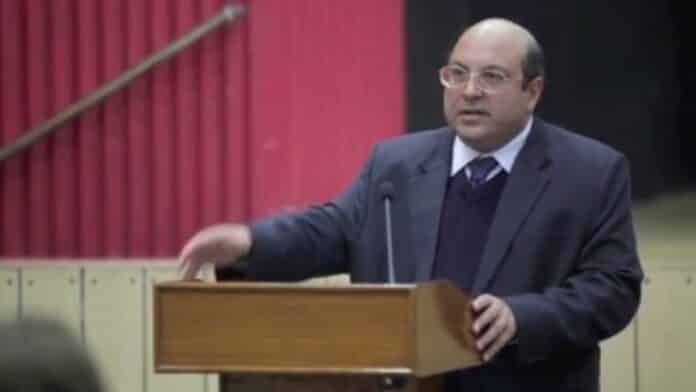Former Supreme Court Justice R.F. Nariman has openly criticized the Supreme Court’s 2019 Ayodhya verdict regarding the Ramjanmabhoomi-Babri Masjid dispute, labeling it a “great travesty of justice” for its treatment of secular principles. Justice Nariman voiced his concerns during the First Justice A.M. Ahmadi Memorial Lecture, focusing on ‘Secularism and the Indian Constitution.’
In his address, Justice Nariman lamented the judgment’s failure to uphold secularism adequately, despite acknowledging the illegal demolition of the Babri Masjid. He highlighted a “silver lining” in the verdict—the affirmation of the Places of Worship (Special Provisions) Act 1991—which he advocated should be rigorously enforced to quell the burgeoning disputes over religious sites, which he likened to “hydra heads” emerging across the nation.
Justice Nariman suggested that the key to fostering communal harmony lies in the widespread dissemination and enforcement of a specific section of the judgment, which he urged should be read in every district and high court in the country. He expressed concern over the increasing number of legal challenges against not only mosques but also dargahs, which he views as potential sparks for communal discord.
Furthering his critique, Justice Nariman pointed to the post-retirement appointment of Special CBI Judge Surendra Yadav, who acquitted all accused in the mosque demolition case, as deputy Lokayukta in Uttar Pradesh. He used this example to underscore his concerns about the current state of affairs and the interplay between judicial decisions and subsequent governmental appointments.




